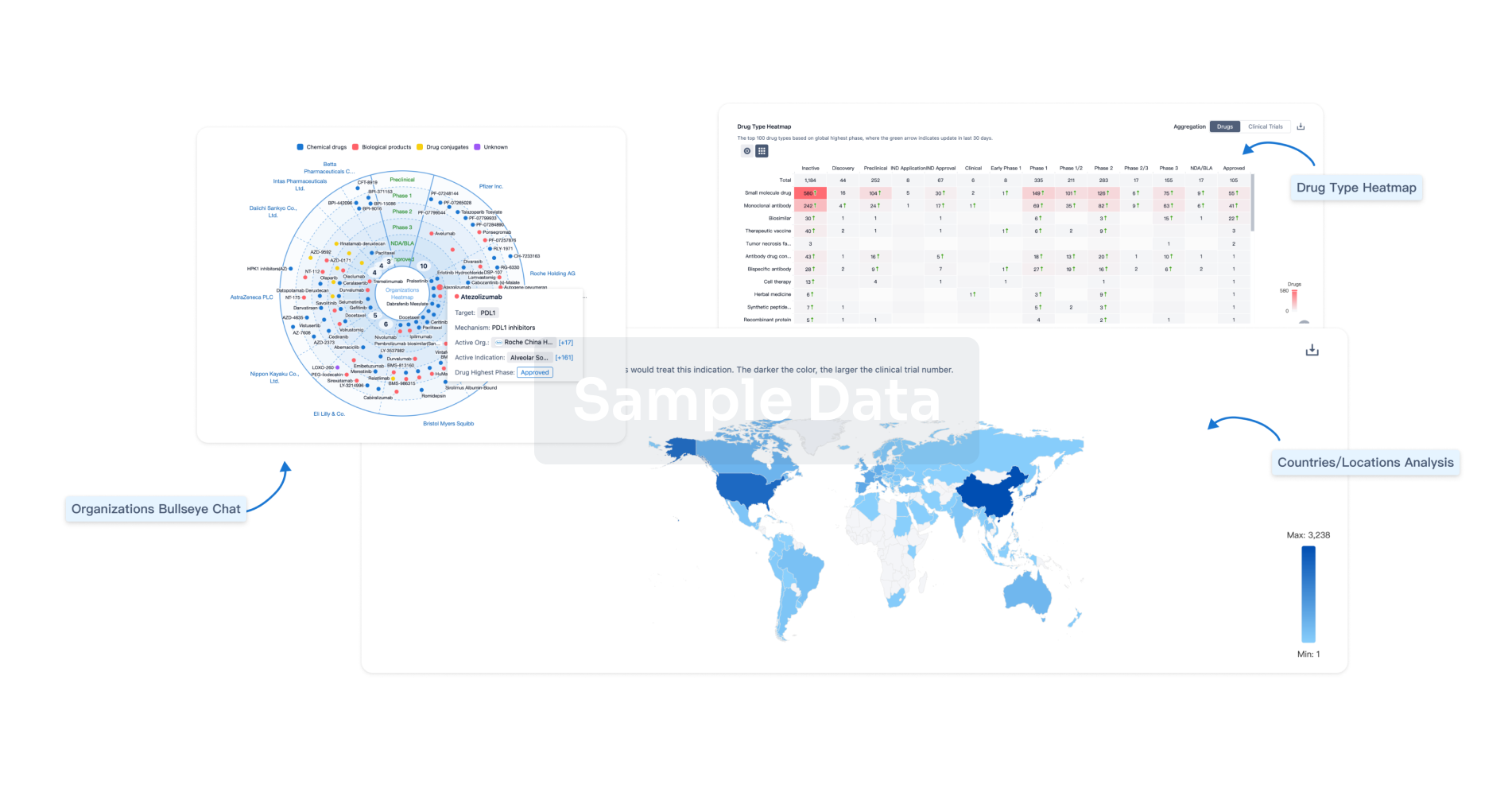Request Demo
Last update 08 May 2025
Tonsil and/or adenoid hypertrophy
Last update 08 May 2025
Basic Info
Synonyms Adenotonsillar hypertrophy, Enlargement of tonsil or adenoid, Enlargement of tonsil or adenoid (disorder) + [22] |
Introduction- |
Related
95
Clinical Trials associated with Tonsil and/or adenoid hypertrophyChiCTR2500099650
Application of virtual reality in pain management after tonsillectomy in children
Start Date01 Apr 2025 |
Sponsor / Collaborator- |
CTRI/2024/08/071825
A randomized controlled study to evaluate effectiveness of propofol administered at the end of the surgery for prevention of emergence agitation in children undergoing adenotonsillectomy in department of anaesthesia, SMS Medical College, Jaipur. - nil
Start Date16 Aug 2024 |
Sponsor / Collaborator- |
ChiCTR2400086998
Effect of Intranasal Remimazolam besylate for Premedication on the Occurrence of Respiratory Adverse Events in Children Undergoing Tonsillectomy and Adenoidectomy:A Single-blind Randomized Controlled Study
Start Date17 Jul 2024 |
Sponsor / Collaborator- |
100 Clinical Results associated with Tonsil and/or adenoid hypertrophy
Login to view more data
100 Translational Medicine associated with Tonsil and/or adenoid hypertrophy
Login to view more data
0 Patents (Medical) associated with Tonsil and/or adenoid hypertrophy
Login to view more data
1,150
Literatures (Medical) associated with Tonsil and/or adenoid hypertrophy17 Apr 2025·Journal of sleep research
Prevalence of Altered Craniofacial Morphology in Children With OSA.
Article
Author: Amin, Reshma ; Pliska, Benjamin ; Jacob, Sheila ; Cholette, Marie-Claude ; Vezina, Kevin ; Narang, Indra ; Zhang, Jingjing ; Laberge, Sophie ; Almeida, Fernanda ; Huynh, Nelly ; Hamoda, Mona ; Montpetit, Andrée ; Kirk, Val ; Chadha, Neil
01 Apr 2025·Sleep Medicine
Association of sleep disordered breathing with severity and control of persistent asthma in Indian children
Article
Author: Bagla, Jyoti ; Singla, Aarushi ; Dubey, Anand Prakash ; Kumari, Sweta ; Gothi, Dipti
01 Apr 2025·Minerva Dental and Oral Science
Effects of rapid maxillary expansion in pediatric patients affected by obstructive sleep apnea syndrome: a literature review
Review
Author: Portelli, Marco ; Galletti, Fulvia ; Maio, Alessandra ; Nucera, Riccardo ; Bellocchio, Angela M ; Fiorillo, Luca ; Militi, Angela
Analysis
Perform a panoramic analysis of this field.
login
or

AI Agents Built for Biopharma Breakthroughs
Accelerate discovery. Empower decisions. Transform outcomes.
Get started for free today!
Accelerate Strategic R&D decision making with Synapse, PatSnap’s AI-powered Connected Innovation Intelligence Platform Built for Life Sciences Professionals.
Start your data trial now!
Synapse data is also accessible to external entities via APIs or data packages. Empower better decisions with the latest in pharmaceutical intelligence.
Bio
Bio Sequences Search & Analysis
Sign up for free
Chemical
Chemical Structures Search & Analysis
Sign up for free